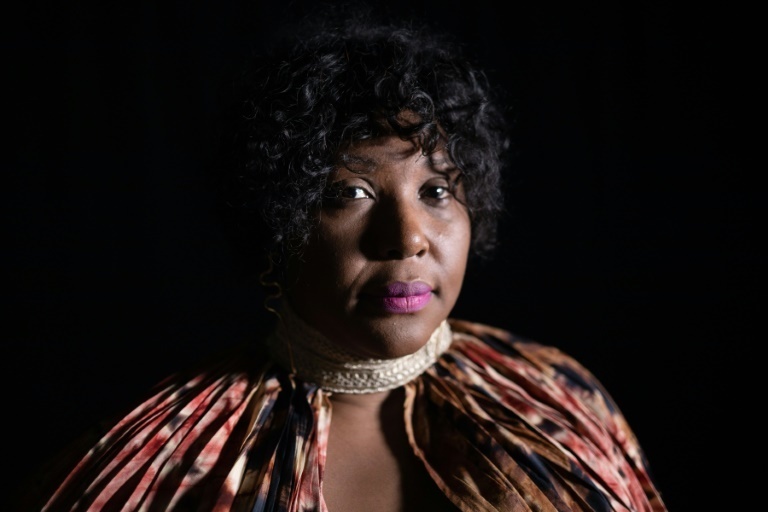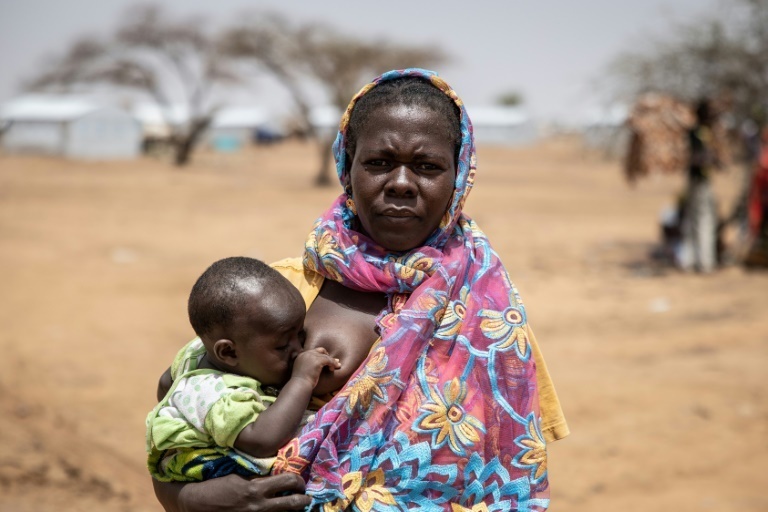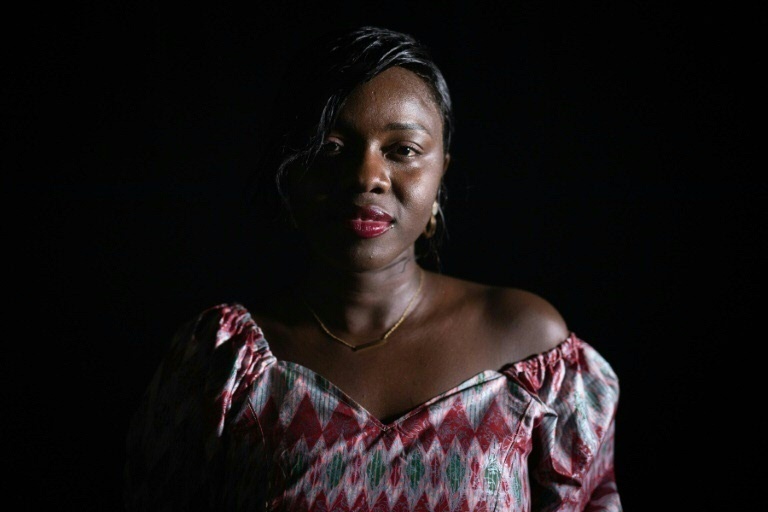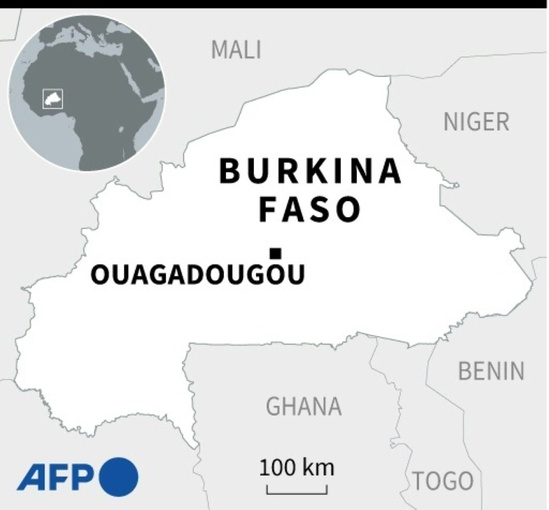Few movies have been made about jihadism in Africa and even fewer have focused on the plight of women at the hands of extremists.
But a slew of films showcased in the continent's biggest movie festival could be a cinematic watershed.
"When people talk about terrorism, they don't talk much about women," said Apolline Traore, a director from the festival's host country, Burkina Faso, which has suffered grievously from jihadism.
Traore's feature-length "Sira," which won the Silver Stallion of Yennenga award in the FESPACO festival that ended on Saturday, describes a 25-year-old woman who is abducted by jihadists and has to draw on courage and smartness to survive.
Traore said she wanted to haul women out of the typical image of victimhood and place them in the "major role... (they play) in the fight against terrorism".
The director said she was inspired by meeting women whose lives had been turned upside-down by jihadists.
One example, she said, was a woman who with a bullet lodged in her shoulder had spent five days looking for shelter for herself and her two children.

More than 10,000 people have lost their lives in Burkina Faso since jihadists swept in from neighbouring Mali in 2015 and more than two million people have fled their homes.
Around 40 percent of the country is controlled by the insurgents.
Making "Sira" was in itself a gruelling challenge.
After a massacre at Solhan in June 2021 that left 132 dead -- the bloodiest single attack in the long-running jihadist campaign -- the authorities declined to renew authorisation for filming "Sira" in Burkina's deeply troubled north.
- 'Terrorists use women' -
Another director whose home country is struggling with jihadism is Amina Mamani.
Her native Nigeria is the cradle of the Boko Haram movement, whose attacks began in 2009 and metastasised to Cameroon, Niger and Chad.
It leapt to global notoriety in 2014, when hundreds of schoolgirls were kidnapped in Chibok, in Borno state.

"Terrorists use women. Men get killed, but women are kidnapped, forced into marriage and raped, and young girls selected to blow themselves up," said Mamani.
In another feature-length film, "Thorns of the Sahel," Burkinabe director Boubakar Diallo describes a nurse who is sent to a displaced persons' camp.
She said that during the film shoot, some of the displaced people "panicked when they saw armed men" -- actors playing the part of jihadists.
"We had to build up trust with them," she said.
- 'Sensitive' -
Traore said that in all her 20 years in film-making, she had never experienced such fear in showing a film.
She fretted especially about how the public would react to her work.
"(Jihadism) is very sensitive and fresh in the heart of Burkinabe people and people living in the Sahel," she said.
Launched in 1969, the biennial Pan-African Film and Television Festival of Ouagadougou (FESPACO) draws thousands of movie fans and professionals from across the continent.

A total of 170 films competed in this year's event, whose theme was "African cinema and culture of peace".
Tunisian director Youssef Chebbi won the top prize, the coveted Golden Stallion, for murder mystery "Ashkal".
Under festival rules, films chosen for competition have to be made by Africans and predominantly produced in Africa.
bam/pid/stb/ri/ea
© Agence France-Presse
Your content is great. However, if any of the content contained herein violates any rights of yours, including those of copyright, please contact us immediately by e-mail at media[@]kissrpr.com.
Source: Story.KISSPR.com

